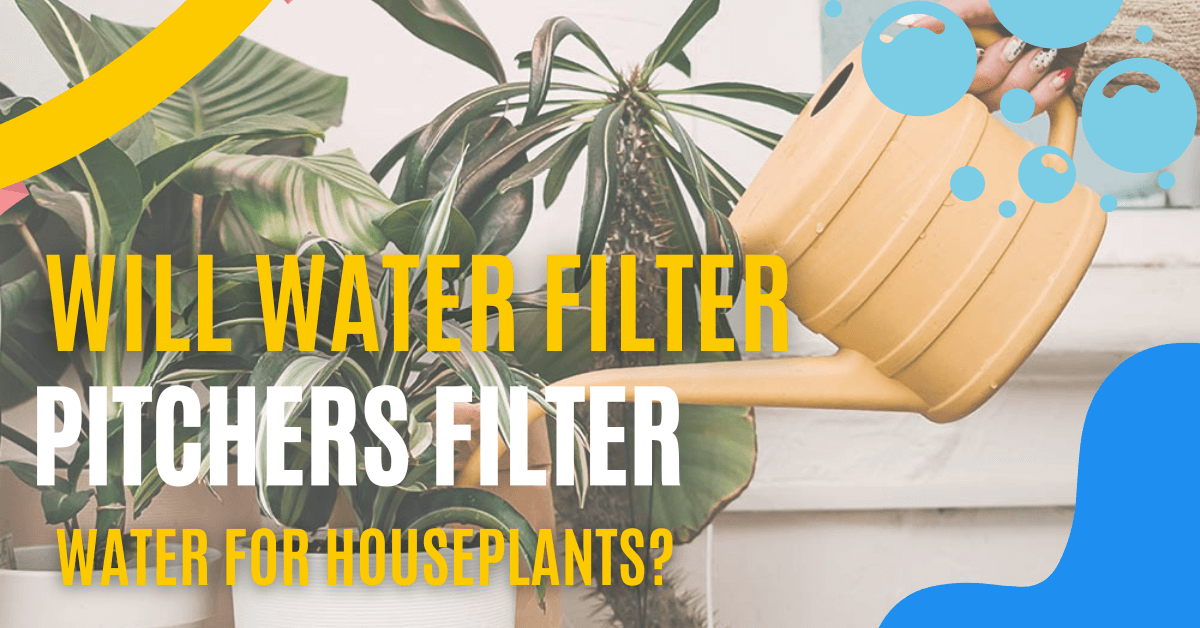The answer is both yes and no. Water filter pitchers are great for removing contaminants from water, such as chlorine or other chemicals that can be harmful to plants and humans alike. However, many of these filters contain activated carbon which can actually strip the water of beneficial minerals, making the water less nutritious for your houseplants.
Plants themselves are natural water filterers, and quite proficient at it. They absorb nitrogen, phosphorus, and other minerals from the water in order to grow. These minerals can be harmful to your plants if found in excessive levels. By using a pitcher filter for watering houseplants, you are ensuring that only clean and safe water is used to provide the best environment possible for growth.
What Pitcher Water Can’t Remove?
- They do not remove certain pollutants like lead or fluoride which can be harmful to plants.
- Pitcher filters are not efficient at removing bacteria and other microorganisms which may be present in the water.
Are You Aware Of The Contaminants Lurking In Your Water?
Tap water often contains a variety of pollutants that can be harmful to both humans and plants. These contaminants may include chlorine, lead, pesticides, and other toxins. Over time these pollutants can build up in the soil around your plants and disrupt their growth patterns.
Benefits Of Using Filtered Water For Plants
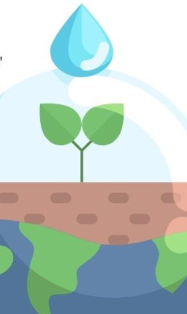
- Filtered water is free from chemicals and contaminants, which can be damaging to your houseplants.
- It also ensures the right pH balance of your plant’s soil, which is important for proper nutrient uptake.
- Filtered water protects your plants from diseases and infestations.
- It can help reduce instances of wilting due to excessive moisture in the soil.
Harmful Chemicals In Tap Water
- Chlorine
- Lead
- Fluoride
- Metal Ions Such As Iron And Copper
- Nitrates
- Phosphates
What Are The Dangers Of Chlorine?
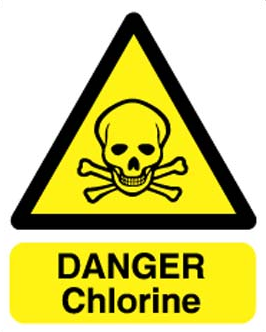
- Chlorine can act as an irritant to the leaves of your houseplants, causing them to become dry and brittle over time.
- It can also cause root damage, which prevents nutrients from being absorbed properly by the plant’s roots.
- Exposure to chlorine can also affect the plant’s immune system and reduce its resistance to diseases and pests.
- Chlorine is also toxic to beneficial microorganisms in the soil, which are important for plant growth and health.
- Chlorine can also cause an overabundance of salts in the soil, which can lead to dehydration and stunted growth in your plants.
What Does Fluoride In Water Do To Plants?
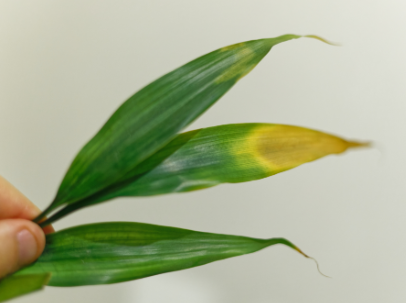
Fluoride is a naturally occurring element found in some drinking water sources, which can be harmful to houseplants at higher concentrations.
- High levels of fluoride can cause yellowing and discoloration of leaves, as well as stunted growth due to nutrient deficiency.
- It can also cause root damage, which prevents the proper absorption of nutrients and water.
- Fluoride can also increase the likelihood of fungal infections such as powdery mildew.
Type Of Water Good For Watering Houseplants
- Filtered Water
- Distilled Water
- Rainwater (if it is free from pollutants)
- Spring Water
- Reverse Osmosis Water
- Tap Water (allowed to sit for 24 hours to remove chlorine and other harmful chemicals)
- Bottled Spring Water
- Collected Pond, Lake, Or River Water (only if it is free from pollutants)
- De-Ionized Or Demineralized Water
What To Consider
- Make sure the water is safe for your plants by testing it for pH and temperature
- Check in on the condition of your plant. If it’s already showing signs of distress from poor water quality, take steps to make sure the water you give is safe
- Check the filter in your pitcher. Some filters may not be designed to filter out all of the contaminants that could harm your plants
- Provide your plants with the right nutrients to ensure they get the best out of their filtered water. Consider adding organic fertilizers, compost tea, and other supplements.
FAQs
Is Using A Water Filter Pitcher Sufficient To Water Your Houseplants?
Yes, a water filter pitcher can be a great way to provide clean, filtered water for your houseplants. However, depending on the type of plant and its size, you may need to use additional methods for watering. For smaller plants that require minimal watering, using a water filter pitcher is often sufficient. However, for larger indoor plants, it is important to ensure they are getting enough water. In this case, using an at-home filtration system that connects directly to your tap may be a better option.
What Is The Best pH Range For Houseplants?
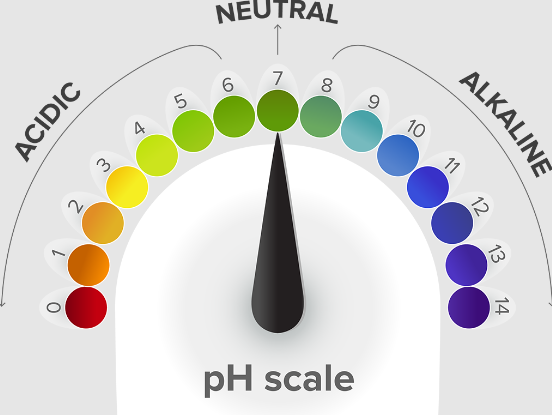
The best pH range for most houseplants is 5.5 – 6.5, as this is the ideal range for nutrient absorption by their roots. It is important to check the pH of the water before you use it to water your plants, as extreme pH levels can cause nutrient deficiencies and root damage. Some houseplants may have specific requirements outside of this range.
What Is The Best Temperature For Watering Houseplants?
The ideal temperature for watering houseplants is between 65-75°F (18-24°C). Water that is too cold can shock the roots of plants, while water that is too hot may cause stress and damage to their leaves.
Is Softened Water Good For Plants?
Softened water is not recommended for houseplants, as high levels of sodium and potassium can be toxic to them.
Is Aquarium Water Good For Plants?
Aquarium water contains higher levels of micronutrients than tap or filtered water. These micronutrients are essential for plant health, so adding tank water to a houseplant’s soil can help prevent nutrient deficiencies and promote healthier, more vibrant growth.
What is Carbon Filter For?
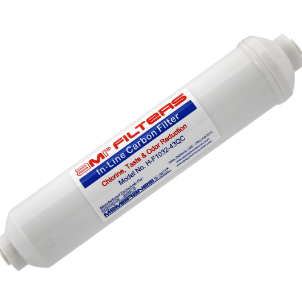
Carbon filters are designed to reduce chlorine, lead, fluoride, and other contaminants in tap water. This can help make the water safer for houseplants, as many of these pollutants can be toxic to them.
How Does Hard Water Impact The Health Of House Plants?
- Nutrient deficiency
- Root damage
- Residue on leaves
- Reduced nutrient absorption
- Poor plant growth and development
Conclusion
It’s also important to keep in mind that even with a pitcher filter, your plants may still need additional nutrients in order to stay healthy. Regular fertilization and proper care are essential for keeping houseplants happy and flourishing. With the right combination of filtering and fertilizing, you can create a safe, clean environment for your houseplants that will help them thrive.

Meet Nigel Pearson, a water filter enthusiast with a background in molecular biology. He’s all about making sure we have safe drinking water, and he’s got a bunch of interests that tie into it – think science, technology, plants, and genetics.
Imagine someone who loves learning how living things work on a tiny level – that’s Nigel. He’s studied how genes and molecules come together to make life happen. But what really caught his attention is how living things adapt to their surroundings.
Nigel didn’t stop at just learning about this stuff – he decided to use his smarts to help solve a big problem: how to get clean drinking water for everyone. He writes cool blog posts that explain tricky science things in simple words. You’ll get to read about stuff like how plants can help clean water, or how new inventions are changing the way we purify water.
But it’s not just about science and tech for Nigel. He truly cares about people and their need for safe water. Every blog post he writes shows how much he wants to make a difference. By sharing his knowledge, she wants to get more people thinking and caring about clean drinking water.
